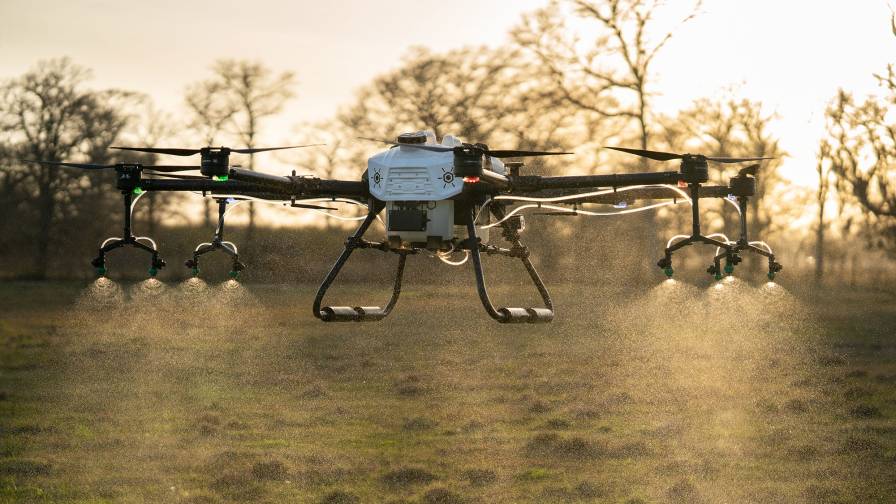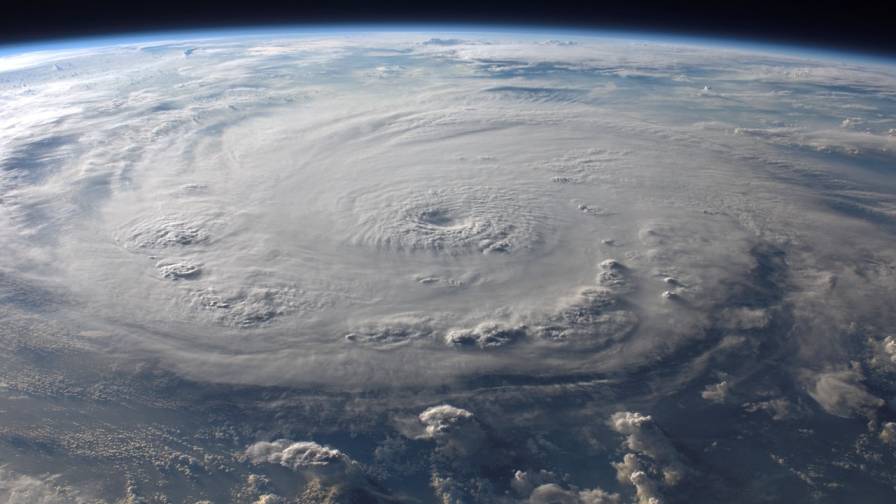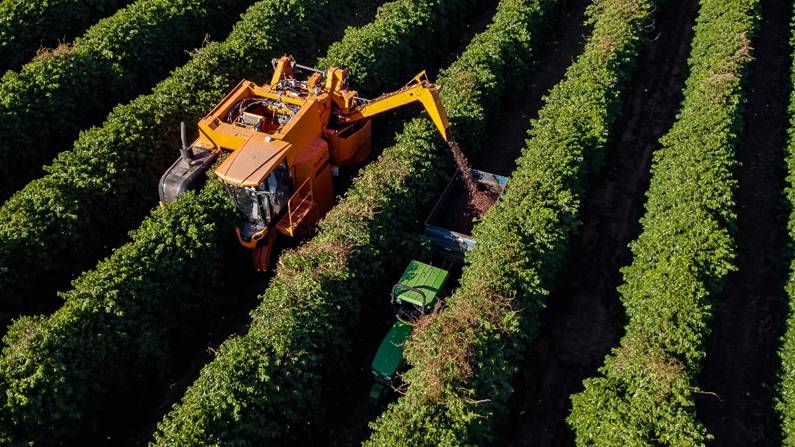Spain: AI, Robotics, and Sustainability Take Center Stage at ECPA 2025
Against a backdrop of growing global demand for food and intensifying climate challenges, more than 500 scientists, engineers, and industry professionals from 43 countries have converged on Barcelona this week to open the 15th European Conference on Precision Agriculture (ECPA 2025). The event, hosted for the first time in the Catalan capital, signals a strong commitment from institutions across Europe to the modernization of agriculture through digital tools and scientific research.
The opening ceremony took place Monday morning at the Vèrtex Auditorium, on the Campus Nord of the Universitat Politècnica de Catalunya – BarcelonaTech (UPC). Attending dignitaries included Begoña García, Spain’s Secretary of State for Agriculture and Food; Òscar Ordeig,
Minister of Climate Action, Food and Rural Agenda for the Government of Catalonia; and Luis Vivas-Alegre, Head of Sector at the European Commission’s Directorate-General for Agriculture and Rural Development.
“Spain has become one of the world’s most advanced countries in agricultural technology,” García said in her opening address. “This conference is proof of that. We are not just here to exchange knowledge—we are here to reaffirm a political conviction: agriculture is not a relic of the past. It is a cornerstone of our future.”
García highlighted the Spanish government’s investment of over €300 million through its Recovery, Transformation, and Resilience Plan, including €227 million dedicated to the Precision Agriculture Support Program, which has already financed 6,700 projects nationwide.
“This is not a program for tech elites,” she added. “It’s for every farmer in every corner of the country.”
Catalonia, which has increasingly positioned itself as a leader in sustainable agri-food innovation, also seized the moment to spotlight its ambitions.
“We want to make Barcelona and Catalonia the international capital of precision agriculture and food technology,” said Òscar Ordeig. “Innovation is no longer optional; it’s the foundation of a resilient, competitive food system.”
“The agri-food sector is not a symbol of the past,” he added. “It’s the most strategic and technologically dynamic pillar of our economy.”
Over the next five days, the conference will host 41 sessions, presenting 182 peer-reviewed oral presentations and 120 scientific posters, curated by a panel of 100 experts from 30 countries. Topics include artificial intelligence, satellite imaging, geostatistics, robotics, data management, sensor networks, and sustainable input reduction—all geared toward increasing agricultural efficiency and resilience.
Prominent guest speakers include Eric Liégeois of the European Commission; Prof. Laurens Klerkx, from Wageningen University and the University of Talca; and Prof. Jörg Dörr, from the University of Kaiserslautern-Landau in Germany.
A highlight of the week is the Field Day, scheduled for Wednesday, July 2, at UPC’s Agròpolis experimental station. There, 15 technology companies will showcase live demonstrations of smart farm machinery, autonomous guidance systems, and remote sensing technologies. The aim: to show in real time how science is being translated into action.
“We’re closing the gap between theory and practice,” said Emilio Gil, Full Professor at UPC and Chair of the ECPA 2025 Organizing Committee. “Field Day is the clearest demonstration of that. We’ll witness how AI, robotics, and digital platforms are already reshaping how we work the land.”
Gil emphasized that bridging research and reality remains one of the conference’s core missions.
“One of our top priorities is to reduce the distance between research and adoption,” he said. “That only happens through training, knowledge transfer, and hands-on demonstration.”
All scientific content presented during the event will be compiled in the official Book of Proceedings, published by Brill – Wageningen University Press under the direction of Dr. John V. Stafford, one of the world’s foremost authorities in the field.
The conference is organized by the Agricultural Mechanization Unit of UPC’s Department of Agri-Food Engineering and Biotechnology, in partnership with the International Society of Precision Agriculture (ISPA). Institutional support comes from the Government of Catalonia, the European Commission, and the Government of Spain, with sponsorship from 15 leading companies in the agri-tech sector.
A formal gala dinner will be held Thursday, July 3, at the Hospital de Sant Pau, a UNESCO World Heritage Site, providing attendees with a chance to connect beyond the scientific sessions.
“ECPA is not just an academic gathering,” Gil concluded. “It’s a call to action to build a smarter, more sustainable agriculture—one that is connected to the people who live from the land, and to the challenges we all face.”









